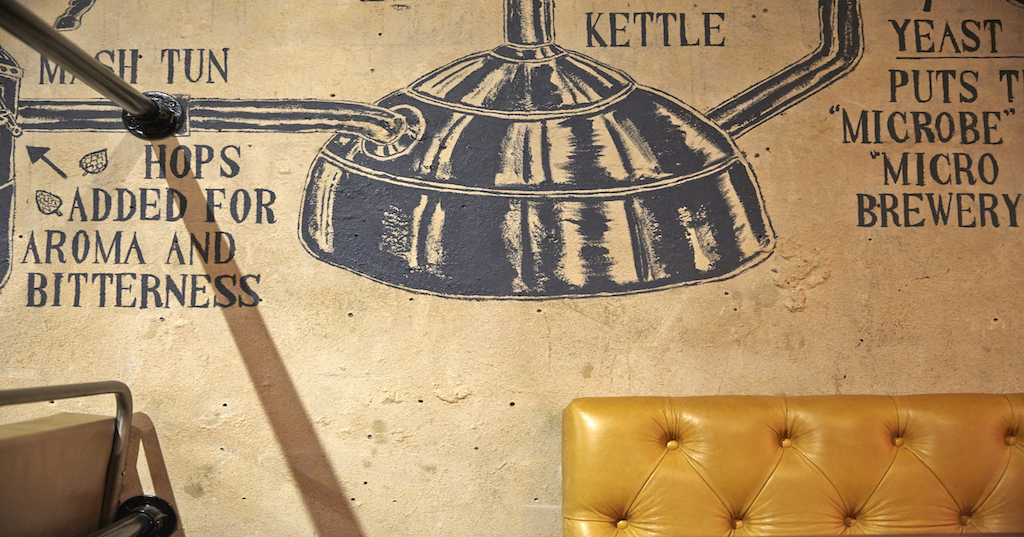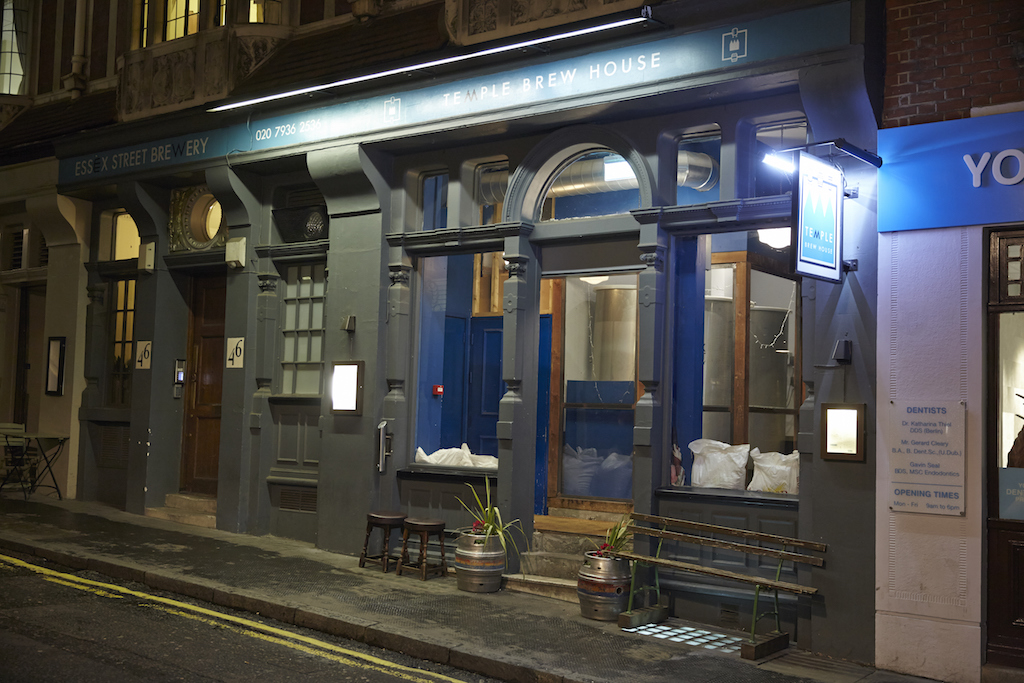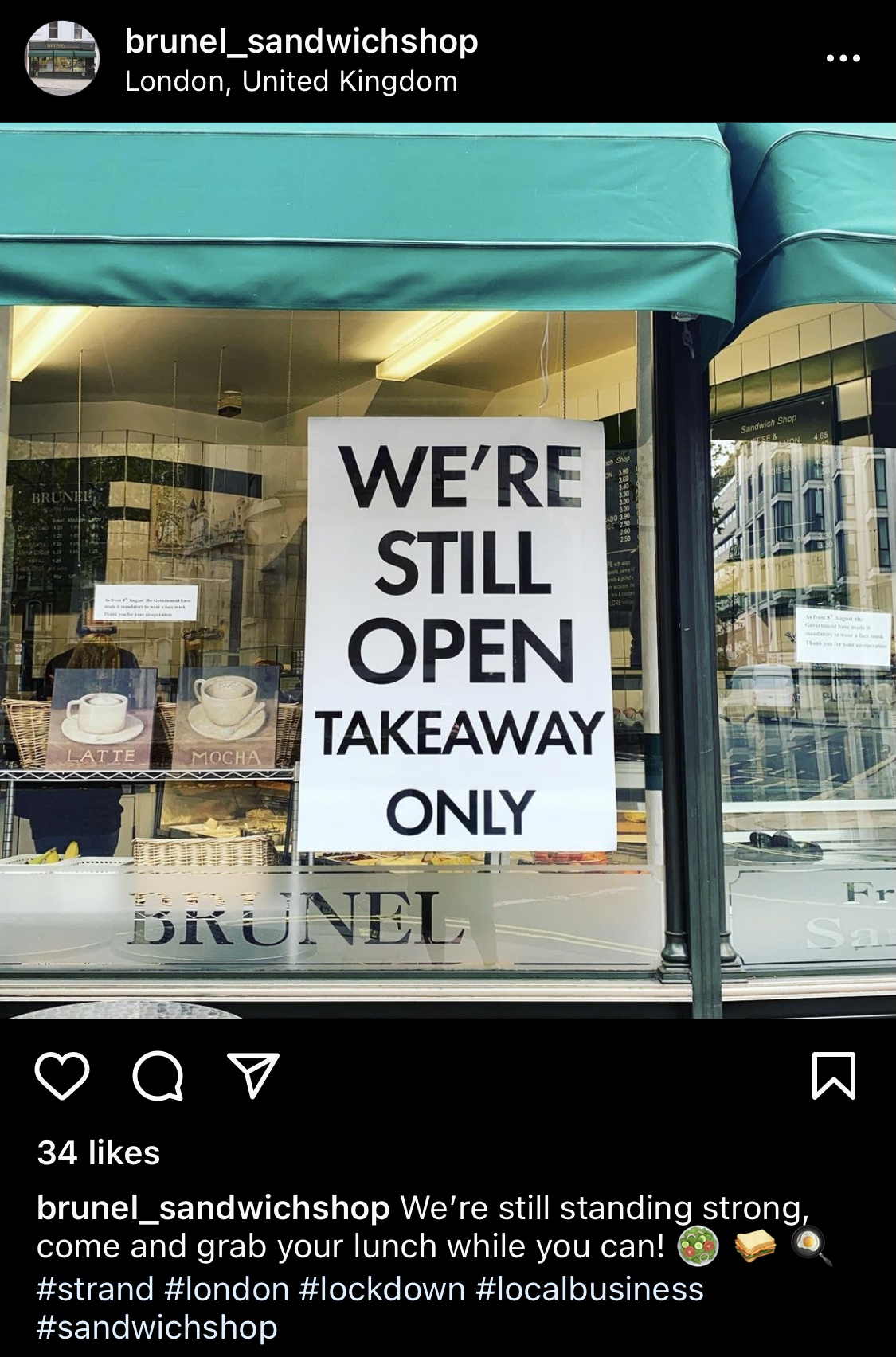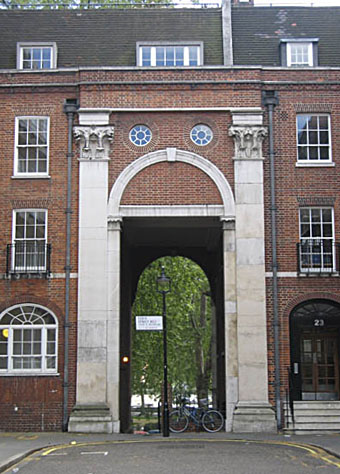Stranded Series: Sophia Barone, Temple Brew House
Posted in contemporary, entertainment, people, Places, pubs, restaurants, Stories, Strandlines, streets and roads, workers and tagged with COVID pubs, Essex street, hospitality, Lockdown life, London lockdown, pandemic, Personal stories, pubs, strand, Temple, Temple Brew House, Westminster, Workers

In December last year I shared a short account of Sotiris Polyzopoulos’s experience of pandemic working life. He reflected on how the rhythms of life have changed, from the busy office at the Strand to seeing miniatures of his colleagues on Zoom.
Despite important developments such as vaccines being now administered, many of us have not moved from our makeshift home offices and screens covered in post-it notes (just to make it more exciting, I even ordered cat-shaped post-its). On Friday nights, after logging off a final conference call, as we cook the same meal over and over again, abusing our Netflix subscriptions, we wish for our pals and pints instead.
For people in hospitality – for whom pals and pints was as much a part of work as play – and whose jobs had no way of going online at all, the situation has meant losing everything at once.
‘The thing with hospitality is that you spend so many hours with those people, probably more so than you do at home, so they become like your second family…’
I invited Sophia Barone, who worked as assistant manager of Temple Brew House on Essex Street, mere steps away from the Royal Courts of Justice, to share her daily work experience pre-pandemic. Her ‘family members’ – pub colleagues – have had to split up and continue working at different company sites as the Strand emptied out.
The people are the first thing that springs to Sophia’s mind as she recollects the most treasured things about the Brew House. She describes the beginning of the pandemic as a ‘slow burn’ that the staff had to just wait and ‘watch from its development’. When the public was first urged to steer away from crowded spaces – especially closed ones such as pubs – without the government officially closing them, the industry was stuck. Slow decision making and a lack of support left Sophia’s workplace with no customers and no opportunity to claim financial aid.
She gets emotional as she recalls the process of seeing the manager sit down and decide about her friends’ futures:
‘We had to let people go— and it was just … it was awful, having to let go of people you worked so closely with.’
As the hours were cut, so were the staff, until the government finally announced mandatory closure of bars, pubs, and restaurants. ‘You sensed the relief when we were actually told to shut because then people knew there would be some sort of help coming,’ Sophia admits. Soon, the furlough scheme, which she refers to as ‘an absolute godsend’, got introduced, saving the company from making further reductions in employee count.

Temple Brew House via its website gallery
Although Sophia counts herself as ‘lucky enough’ to have transferred to another pub within the company, she pines after the beautiful sights of the Strand, especially the Royal Courts of Justice, and the close proximity of the Thames. ‘It was such a privilege to see that every day,’ she says. During the break, she would grab a coffee with her co-workers in one of the coffee shops nearby, wandering around the area, or popping to the next bar to chat with the staff there ‘just to see how their day was going’.
These relationships and interactions were what made Sophia’s every day special, overarched by the ‘beautiful structure’ of the Strand, making it so ‘full of life’ and swarming with crowds. ‘I’m such a people-watcher, and the area is so perfect for that!’ she laughs.
There are particular nooks and corners of the area, one memory of which Sophia holds extra dear:
‘At the end of the Essex Street, there are stairs that go down through like a little archway that leads to the river, which is one of my absolutely favourite spots. I walked through it twice a day and I never get bored of it. It’s just so very old school London.’
Despite the fact she answers my questions through sending voice notes, I can picture her face lighting up as she walks her imaginary path down the Strand:
‘Around the corner from us, there is this little back street that leads between shops and bars, and that whole area is just sort of secretly connected, and you do not really notice it unless you go for a wander. It’s all cobbled streets and it’s just such a beautiful part.’
But what Sophia misses the most is the routine pub craziness following the end of the working week. Her pub is slightly different from others, as it gets loud and rowdy on Thursday rather than Friday – in its own, uniform and respectable way
‘We call it the Temple Brew House Phenomenon because it’s the only bar in the world where people actually queue at it. So, people instead of just crowding at the bar, people would just form a really orderly line but that line would go from the bar all the way back to the entrance door,’ Sophia reminisces with amusement. As someone who has worked in hospitality, I must say I would have loved such customer cooperation!
Thinking back is bitter-sweet after almost a year of lockdown. It is necessary for all of us to look forward to retain at least some sanity.

Sophia’s favourite sandwich spot via Instagram
For Sophia, that means getting excited about the coffee shops she gets to visit once the trying times are over. She also brings us a tip for a lunchtime (or any time, really) go-to from a place called Brunel’s for ‘the absolute best sandwich you’ve ever had in your life’. The place has been around for ‘a couple of hundred years’ and makes addictive custom sandwiches. Sophia remembers the hard-working staff setting out before the cock’s crow every day. ‘We’re leaving work at one-two in the morning and they get their bread deliveries, and they’ll start work at four/three in the morning,’ she says. ‘Second to none, their place!’
My stomach rumbles as I hear her enthusiastic account, and I wish I could set out for a late-night sandwich hunt to the Strand. But Sophia herself confesses she’s actually only eaten there once:
‘I think just through the sheer sadness I can’t be there at the moment. It’s a mix of like nostalgia and sadness, but also enjoyment of being back around the area, so it’s kind of a weird feeling, it’s almost quite bittersweet.’
She is convinced the current hushed atmosphere provides only a faint resemblance to the hustle and bustle of before that remains so vivid in her memories. While hopeful that the idyllic portrait of the place can eventually return, she does not think it will be ‘an immediate return’ as the pandemic will have made people more on guard, especially in small spaces. Nevertheless, she cannot wait to get back to her second home – her fellow staff, customers as well as the many ‘strangely-flavoured beers’ at the Strand.
‘There is nowhere like it!’



Great post!